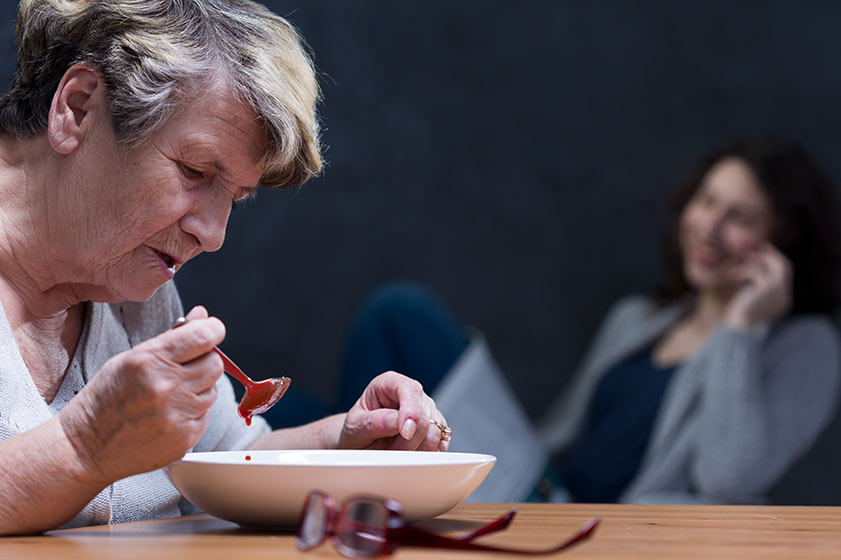Aging brings many health benefits, but it also has some drawbacks. As we age, our ability to taste things like salt and sugar diminishes, leaving us with fewer flavors to enjoy in our food and drinks. Luckily, there are plenty of ways to reduce the effects of taste loss in the elderly and even completely reverse it, allowing you to enjoy your favorite foods once again! Here are some ways to handle taste loss in the elderly.
Organize a Social Event Around a Meal
Meals are a chance to reconnect with your loved ones, so spend time talking about your day before you eat. The conversations might help distract you from noticing that your food doesn’t taste as good as it used to. If it works well for you, consider inviting friends or family members over for dinner once or twice a week. Having other people around will also help prevent undereating if you don’t like your food; if everyone else enjoys it, you may be less likely to push away from the table feeling full and unsatisfied.
Food Temperature
If you feel your food is not as flavorful as it once was, a quick adjustment to its temperature could make a big difference. Try heating or chilling foods before you eat them. Hot food has a distinct flavor, but if you have trouble tasting it, try taking smaller bites at first and slowing down your chewing. Savor each bite by paying attention to how your mouth feels as you chew. If cold food isn’t as appealing as hot, take bigger bites and speed up your chewing to feel more like warm food going into your mouth.
Take a Chance on Something New
Just because your taste buds have changed doesn’t mean you have to stop enjoying food. The best way to handle taste loss is to try a new dish or visit a restaurant with different flavors than you are used to. You might be surprised by what you enjoy. Furthermore, if you are struggling with losing weight, try cutting back on foods that are high in fat and sugar so your body can begin its natural weight-loss process again.
Explore Seasonings
When it comes to food, our tastebuds tend to be on autopilot. We become accustomed to certain flavors, and without realizing it, we start taking them for granted. Luckily, one of the best ways to help prevent taste loss is to introduce different spices and herbs into their diet. Different seasonings are delicious and have important health benefits, including improving digestion and boosting immunity. A few ideas are ginger, oregano, cayenne pepper, or cardamom pods. Try adding garlic or onion powder, too—these two pack a powerful punch when it comes to helping your body absorb nutrients from food, so you’ll get even more out of your meals.
Brush, Floss, and Use Mouthwash
Good oral hygiene is essential for overall good health. Flossing and brushing can help maintain healthy teeth and gums, but even more importantly, they keep germs at bay. If you notice your loved one is not cleaning their mouth as thoroughly, it may be time to talk to them to find solutions in improving their oral hygiene. People who wear dentures need to be extra careful about their oral care because poor oral hygiene increases their risk of gum disease, tooth decay, heart problems, strokes, high blood pressure, and osteoporosis.





